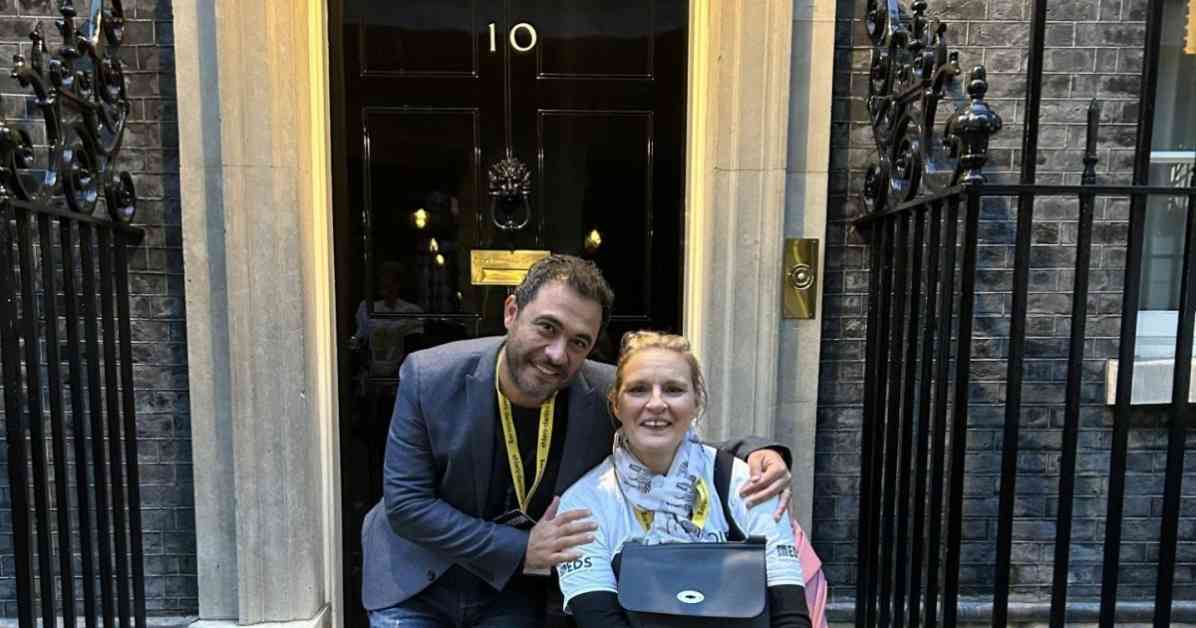I couldn’t believe what I was reading in the letter I received from the DWP after my PIP phone interview. I have Ehlers-Danlos Syndrome (EDS) which causes me to faint spontaneously, making it dangerous and challenging to live with. PIP, or Personal Independence Payments, is meant to help people like me with extra living costs. There are two parts to PIP: mobility and daily living. I was happy to receive the mobility allowance, but I was denied the daily living allowance.
Initially, I wasn’t too concerned about the denial until I read through the assessment details. The assessment claimed I could cook using a microwave but not a conventional cooker, which was completely inaccurate as I cannot cook without assistance due to my condition. As I compared the mobility and daily living assessments, I noticed inconsistencies that fueled my sense of injustice. The daily living assessment indicated I could engage with others unaided, which contradicted the reality of my situation.
My outrage was not about the money; it was about being scored incorrectly and feeling unheard during the assessment process. Living with EDS has been terrifying, especially since I was diagnosed at 41. The constant fear of collapsing and the physical pain have taken a toll on my life. Despite the challenges, I had never considered applying for PIP until I needed it to qualify for a disabled person’s railcard.
The application process for PIP was degrading, especially during the phone interview where I struggled to explain my condition through tears. The subsequent assessment report contained errors and inaccuracies, making me feel like an object rather than a human being. To challenge the decision, I had to go through a mandatory reconsideration request before appealing for a tribunal. The entire process felt dehumanizing, but I knew I had to fight for the scoring I deserved.
After a long and arduous journey, I finally won at the tribunal. The disability expert understood my situation, and I was rescored correctly. Now, I have both the mobility and daily living allowance, but the fight shouldn’t have been necessary. I didn’t fight for the money; I fought to be treated fairly and to advocate for others who may not have a voice in the system. Equality for people with disabilities is an ongoing battle, but I will continue to speak up for what is right.
My experience with challenging the DWP PIP decision was a testament to the struggles many individuals face in navigating complex systems while dealing with health challenges. It highlighted the importance of advocacy, persistence, and standing up for what is just. Ultimately, everyone deserves to be treated with dignity and respect, regardless of their circumstances.












